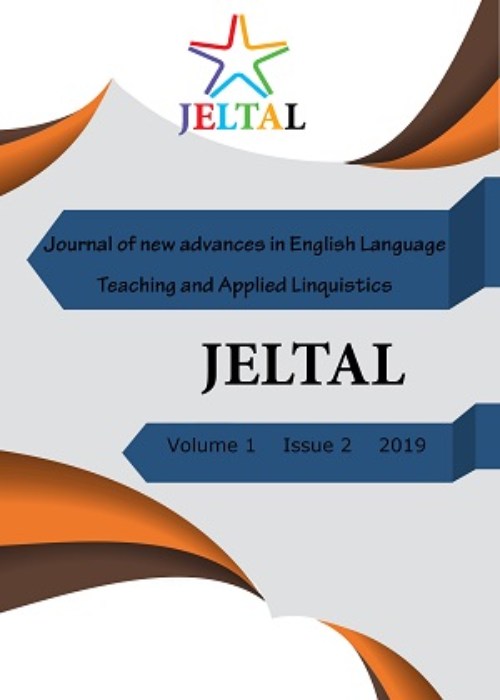The Effect of Using Digital Audio Files on Developing EFL Learners’ Listening Comprehension Ability
The present study was an attempt to investigate the effect of using digital audio files (e.g. podcasts) on EFL learners’ listening comprehension and then explored Iranian EFL learners’ attitudes toward the use of digital audio files in listening comprehension. To this end, 30 female language learners were selected among 60 learners who studied at Respina Talk center in Tehran through a homogeneity test. Then, the participants were randomly divided into two groups of experimental and control. After administrating the homogeneity test, all the participants were pre-tested to assess their listening comprehension at the beginning of the course, and then the treatment was practiced on the experimental group. The experimental group received the treatment on listening comprehension through using audio files (podcasts) while the control group was taught using traditional methods of teaching listening. The materials and time allocated to both groups were similar. After ten sessions of treatment, the groups were given a post-test. Finally, 24 items of survey questionnaire were administered to experimental group to gather students' perception toward the use of audio files in teaching listening. Independent and Paired Samples t-test showed that digital audio files had a significant impact on the listening comprehension of EFL learners, and that the learners who were exposed to such a treatment held significantly positive attitudes towards the use of the audio files. The results can have implications for EFL teachers to motivate learners to improve their listening ability by going for the audio files.


